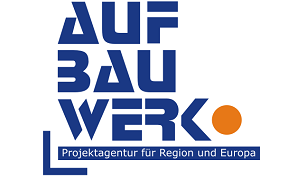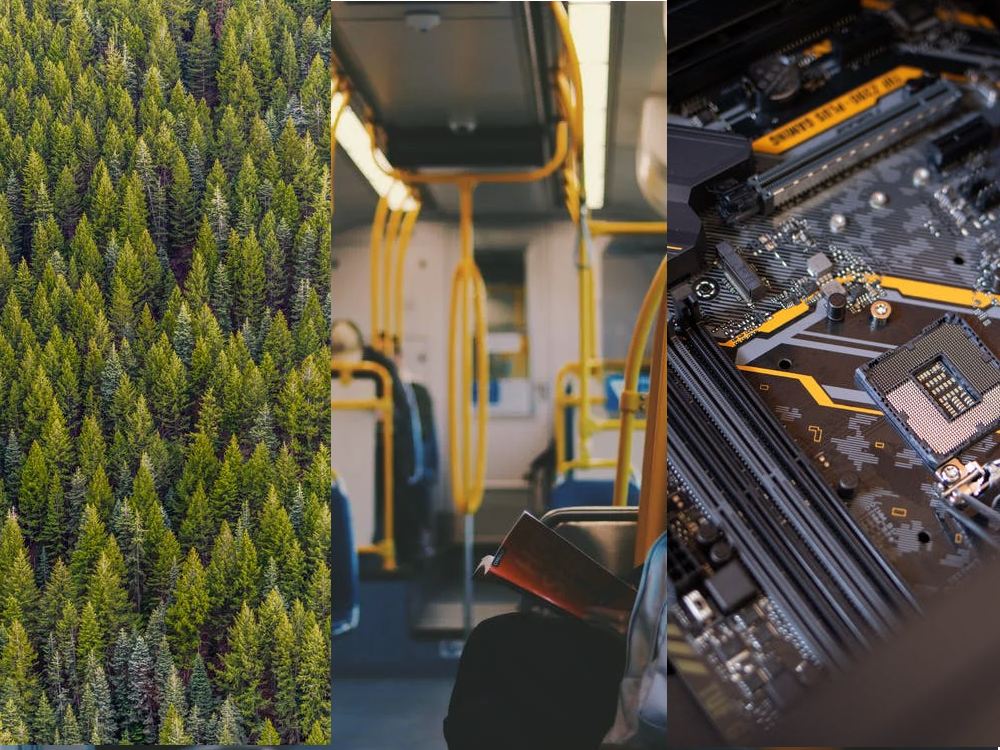The new funding period is off to a very successful start for Aufbauwerk. In the first call of the Interreg Europe program, three applications in which Aufbauwerk is involved were approved for implementation in the coming year.
EMBRACER (intErconnecting MoBility acRoss europeAn CitiEsand subuRbs)
EMBRACER is a project in which seven regions have joined forces to integrate public transport (PT) with informal modes (cycling, ride-hailing, car/bike/scooter sharing, on-demand transport, autonomous shuttles). This will improve connectivity with urban areas and achieve seamless, smart, climate-resilient regional and local intermodal mobility.
The common goal of EMBRACER regions is to collaboratively develop replicable seamless intermodal mobility solutions that bridge the gap between urban and underserved areas. With a holistic approach to seamless mobility, EMBRACER brings together experts from Portugal, Italy, Romania, Slovenia, Germany, Lithuania, Finland and Ireland.
GIFT (Green Infrastructure for Forest and Tree)
The GIFT project aims to advance an innovative, cross-sector approach to Green Infrastructure for trees and forests. It aims to raise awareness that sufficient Green Infrastructure of trees and forests is a prerequisite for halting biodiversity loss and mitigating the impacts of climate change.
Partners from Spain, Sweden, Belgium, the Netherlands, Italy, Slovenia, Latvia and Croatia are involved, some of whom have come from the successful PERFECT project and want to continue the work.
WEEE WASTE (Improving policies for waste management of electrical and electronic equipment)
The WEEEWaste project aims to implement better national, regional and local management of WEEE. The aim of the project is to promote reuse, collection, recycling and other forms of recovery of WEEE.
Partners from 8 regions (Czech Republic, Italy, Germany, Spain, Romania, Hungary, Poland and Slovenia) will exchange practices on a journey of discovery to bring real change in their regions. The focus will be on improving inter-regional coordination of municipalities and regions to more effectively address the illegal transport of WEEE between areas and its disposal, as well as introducing a holistic approach to WEEE management through the development and testing of practices.



